If in previous Congresses, culture was often mentioned as the "spiritual foundation of society", then in the Draft Documents of the 14th Party Congress, culture was officially established as having a position on par with economics, politics and society.
On October 30 in Hanoi, the Culture and Arts Magazine (Ministry of Culture, Sports and Tourism) organized a scientific workshop on "The Party's viewpoints on building and developing culture in the Draft Documents of the 14th Party Congress" to synthesize the opinions of experts and managers to report to the Ministry of Culture, Sports and Tourism for consultation and recommendations to the Party and State in the process of completing the Draft Documents of the 14th Party Congress.
Developing a healthy 'digital culture'
The document clearly states: “Strongly arouse the spirit of patriotism, self-reliance, self-confidence, self-reliance, national pride, and the aspiration to build a prosperous, civilized, and happy country. Effectively promote the cultural values and spirit of dedication of the Vietnamese people, so that culture truly becomes an endogenous resource, driving force, and regulatory system for national development.”
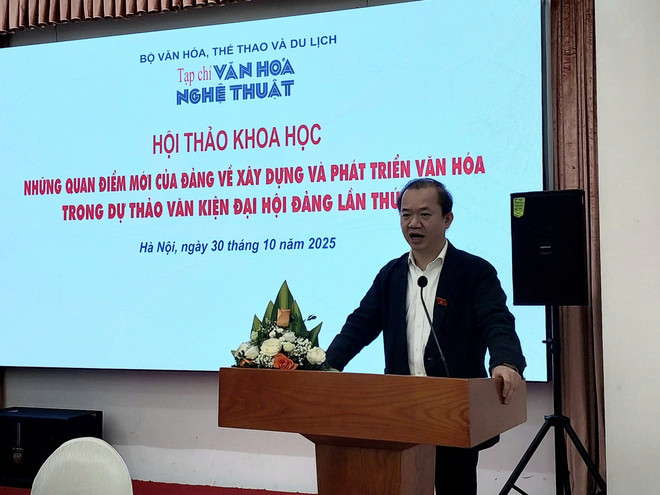
According to Associate Professor-PhD Bui Hoai Son, full-time member of the National Assembly's Committee on Culture and Society, this is an extremely important orientation and adjustment of awareness, raising the level of our Party's theory on the role and position of culture, bringing culture from the position of "following behind, supporting" to "accompanying, orienting and leading" development; culture from "the spiritual foundation of society," "becoming an endogenous resource, driving force and regulatory system for national development," participating in regulating, orienting and solving social problems towards sustainable development.
In addition, in the context of comprehensive digital transformation, the Draft frankly points out the current situation of "the cultural environment is not really healthy; social ethics are still showing signs of degradation" and believes that part of the reason comes from the unsynchronized mechanisms and policies, and inadequate investment in culture. From there, the document sets out the requirement to develop a healthy digital culture, while encouraging the creation of cultural industrial products - considering this as both an economic sector and a tool to spread values.
“This is a new highlight compared to the 13th Congress, when digital culture was still a rather vague concept. This addition demonstrates a realistic vision: To build a comprehensive Vietnamese person, we cannot ignore the living and creative environment of young people - that is cyberspace and creative economy,” Mr. Bui Hoai Son stated.
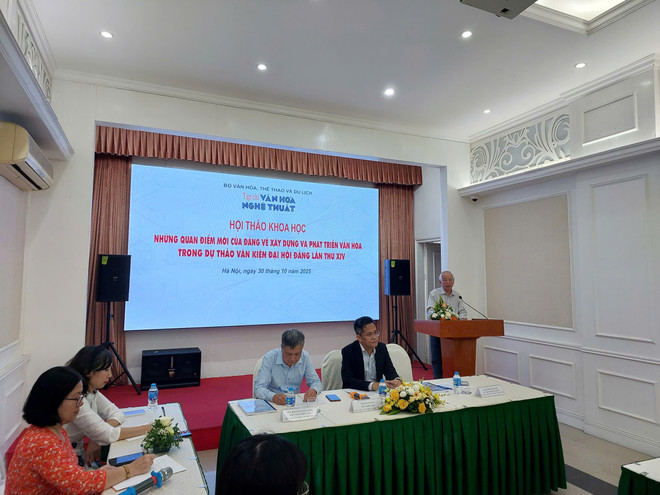
Sharing the same view, Dr. Nguyen Tien Thu, Deputy Director of the Institute of Culture and Development, Ho Chi Minh National Academy of Politics, said that for the first time, the term "digital culture" appeared in the Party Congress Documents, demonstrating an important shift in our Party's perception of the cultural environment in cyberspace - which is deeply affecting spiritual life, awareness and social behavior.
“The mention of the requirement to manage and orient digital media platforms, social networks, and creative content applications shows that the Party advocates building a healthy digital cultural environment, aiming to spread positive values, prevent bad and toxic information, and protect the ideological foundation and national cultural identity in the global cyberspace. Along with the digital transformation process, strongly developing the cultural industry and cultural services is identified as a breakthrough policy,” said Mr. Thu.
Training the 'digital artist generation'
Contributing comments to the Draft Documents of the 14th Party Congress, Professor-Doctor Tu Thi Loan, former Acting Director of the Vietnam National Institute of Culture and Arts, said that the new viewpoints in the Draft Documents of the 14th Congress show an important step forward in the Party's theoretical thinking on culture - from considering culture as a spiritual foundation and endogenous resource, to clearly identifying culture as "strategic soft power," a key factor in enhancing the nation's position and prestige.
Ms. Tu Thi Loan emphasized the need to strongly develop the cultural industry, create unique cultural products and forms that have global influence; at the same time, proactively promote the image, cultural values and Vietnamese people to the world.
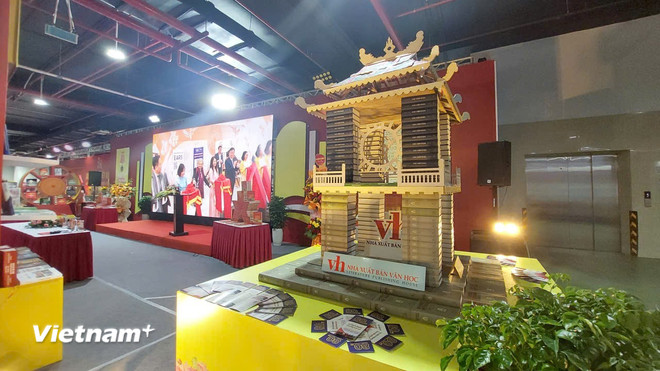
According to her, building and promoting the soft power of Vietnamese culture is not only a goal but also a way to affirm the mettle, intelligence and stature of the Vietnamese people in the new era. When culture becomes an endogenous resource and national soft power, Vietnam will have a solid foundation for rapid and sustainable development and affirm its positive position in the region and the world.
Regarding the task of digital transformation in the cultural field, Mr. Nguyen Tien Thu said that the Document needs to emphasize more the requirements of building digital culture and cyberspace governance, and needs to add orientations: Developing a healthy digital cultural environment, effectively managing new media platforms, and proactively applying digital technology to promote national culture.
Faced with the reality that deviant and counter-cultural trends on social networks are negatively impacting lifestyles, especially among young people, the Document needs to propose specific solutions such as: Perfecting the law on cyber security; enhancing the social responsibility of businesses providing digital services; strengthening digital skills education and information assessment capacity for citizens.

Discussing this issue, Dr. Mai Thi Thuy Huong, Deputy Director of the Vietnam Institute of Culture, Arts, Sports and Tourism, said that in the new context, digital human resources become a decisive factor.
Therefore, the establishment of the National Digital Culture Training Center is necessary, with the function of training and fostering experts in digital heritage preservation, digital content design, digital media production, creative platform management and digital cultural product commercialization. At the same time, it is necessary to build a national database on cultural human resources, connecting localities, industries and fields, recording information on artists, researchers, managers and creative entrepreneurs.
According to Ms. Huong, cultural human resources in the digital age need to be equipped with new skills: data thinking, multimedia communication capacity, digital copyright management, and exploiting artificial intelligence (AI) in cultural creation and promotion.
In addition, cultural and artistic schools need support in investing in digital infrastructure, creative software, virtual studios, digital libraries, etc. to train a "generation of digital artists" - people who can be creative, do business, and spread Vietnamese culture on the global cyberspace./.
Mr. Hoang Ha, Editor-in-Chief of Culture and Arts Magazine, said that the Organizing Committee received 21 presentations from experts, scientists, and experienced cultural practitioners in fields related to culture and development.
The presentations focused on 5 key topics: The role and position of culture - "Regulatory system" on par with politics, economics, and society; Institutionalizing the value system - National value system, cultural value system, family value system, human standards.
Cultural economy and digital transformation – Cultural industry, digital culture, soft power; Heritage economy and conservation – Linking heritage with sustainable economic development; Cultural and artistic human resources – Training and team development.
Source: https://www.vietnamplus.vn/du-thao-van-kien-dai-hoi-dang-lan-dau-tien-de-cap-den-van-hoa-so-post1073940.vnp





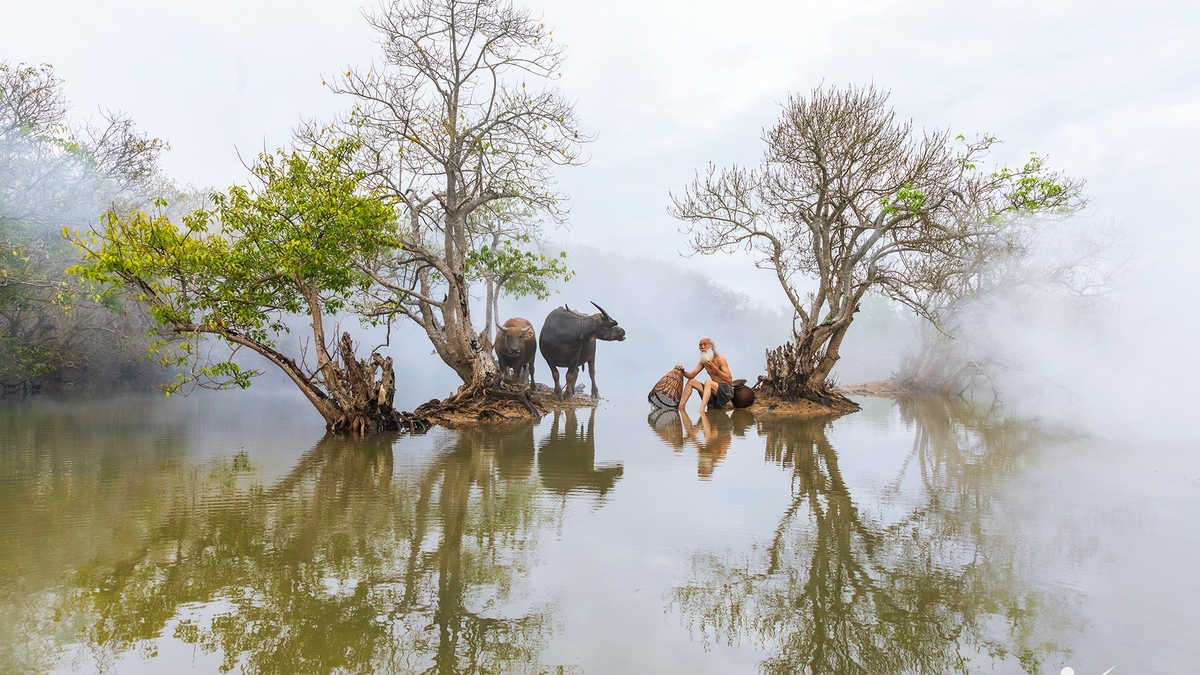

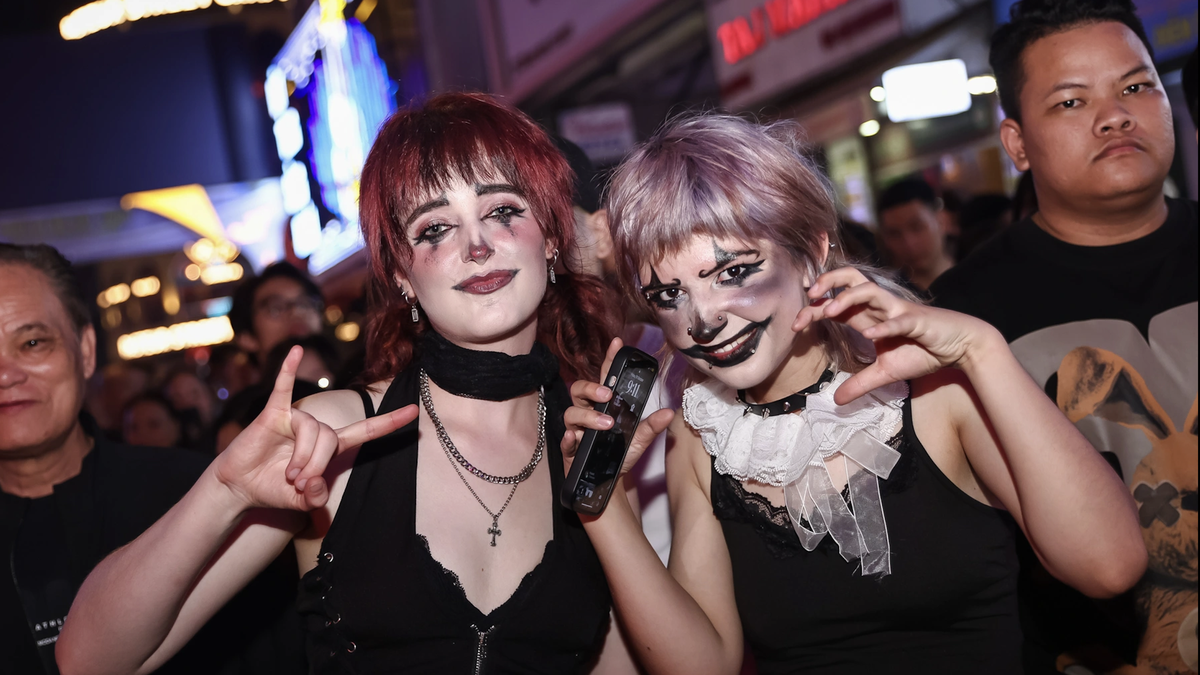
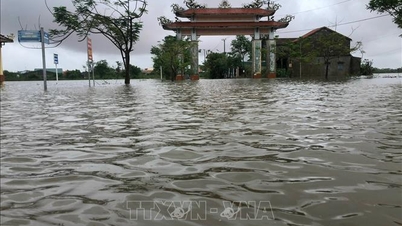

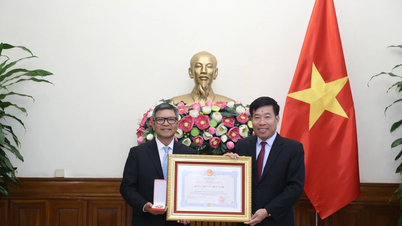
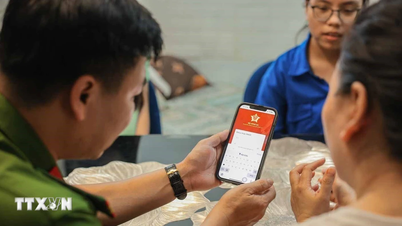
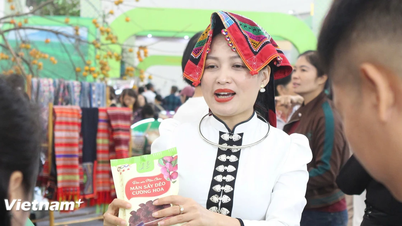
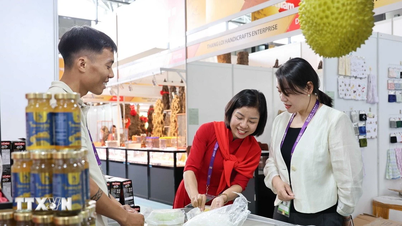
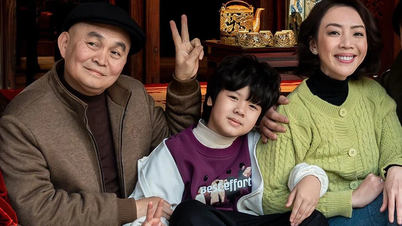
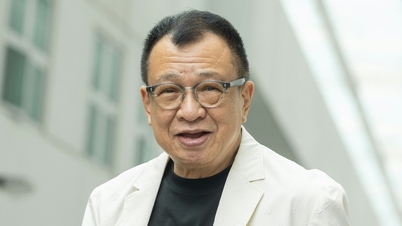

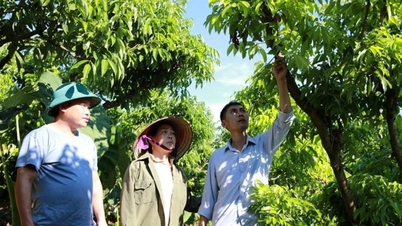

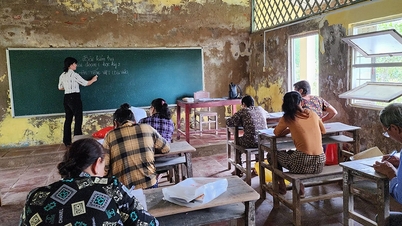
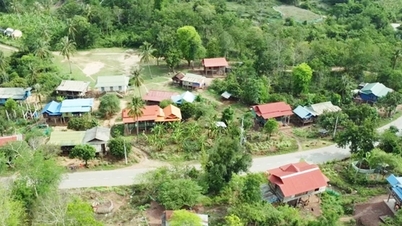







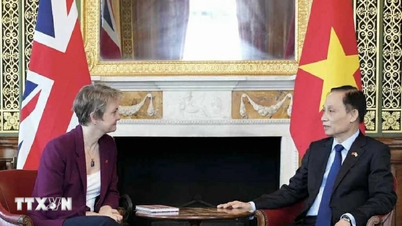
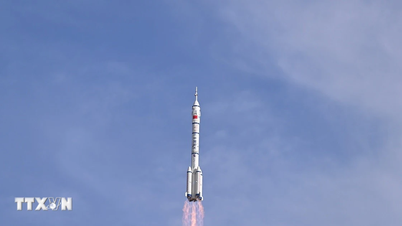
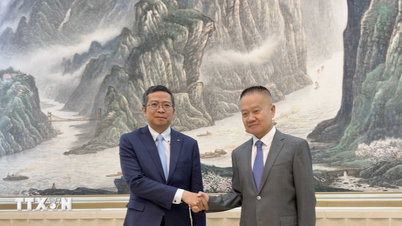

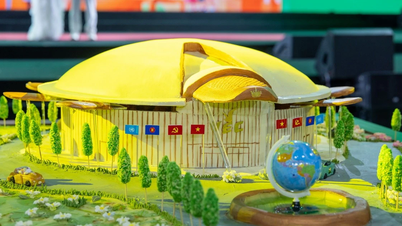








































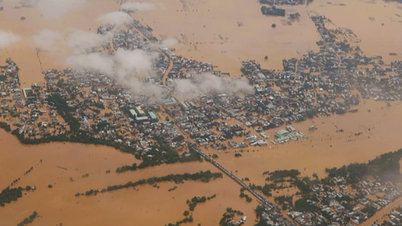
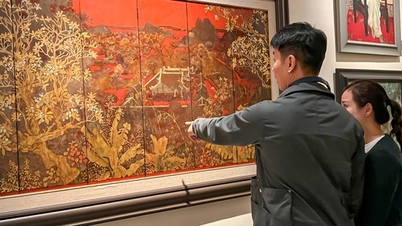
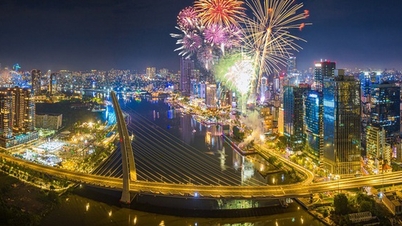






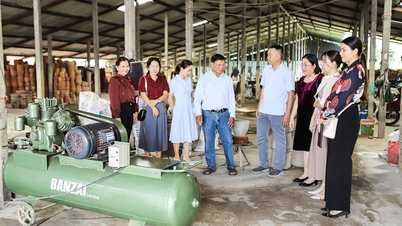


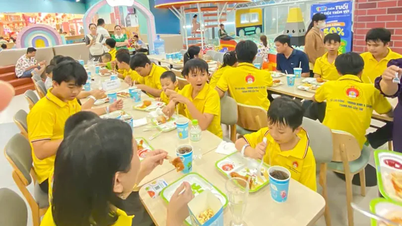

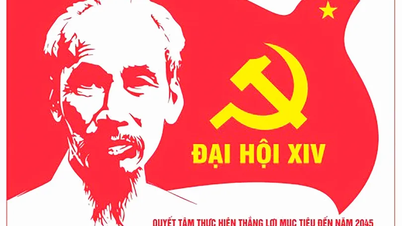
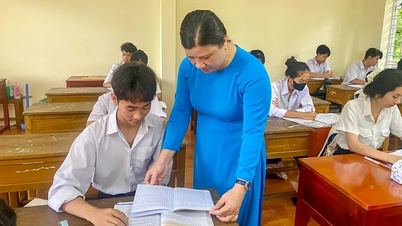
















Comment (0)